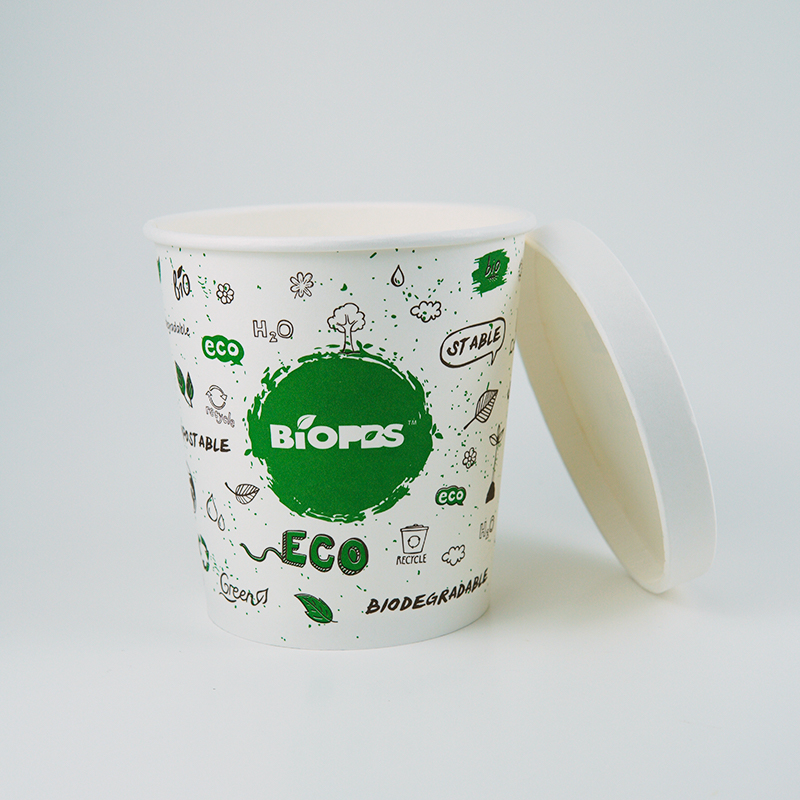
In recent years, there has been a growing concern about the environmental impact of single-use plastic products. Plastic bowls, once one of the most popular choices for disposable dishware, have come under scrutiny for their contribution to pollution and waste. As an alternative, paper bowls have become increasingly popular, and for good reason. Here are some of the advantages of choosing paper bowls over plastic alternatives.
- Environmentally Friendly
Paper bowls are biodegradable and compostable, which means they can decompose naturally without harming the environment. Conversely, plastic products require hundreds of years to decompose, and they release toxic chemicals into the environment as they break down. By choosing paper bowls, we can reduce our environmental impact and help move towards a more sustainable future.
- Healthier
Plastic bowls often contain harmful chemicals that can leach into food when they are used. These chemicals include phthalates and Bisphenol A (BPA), which are known to have negative effects on human health. Paper bowls, on the other hand, are free of these harmful chemicals, making them a healthier alternative for both consumers and the environment.
- Sturdier
Contrary to popular belief, paper bowls are actually quite sturdy and can withstand the weight of heavier foods without getting soggy or leaking. Many manufacturers produce paper bowls with a polyethylene coating that gives them added strength and durability, making them a reliable choice for any disposable dishware needs.
- Versatile
Paper bowls are available in a variety of sizes and designs to fit any occasion or need. From small dessert bowls to large serving bowls, there is a paper bowl to suit any dish or table setting. They are also available in a range of colors and patterns, making them a versatile option for any party, picnic, or event.
- Cost-effective
When compared to plastic bowls, paper bowls can be a more cost-effective option in the long-term. While they may be slightly more expensive to purchase initially, they are often made with more sustainable materials and can be disposed of more responsibly, saving money and reducing environmental impact over time.


